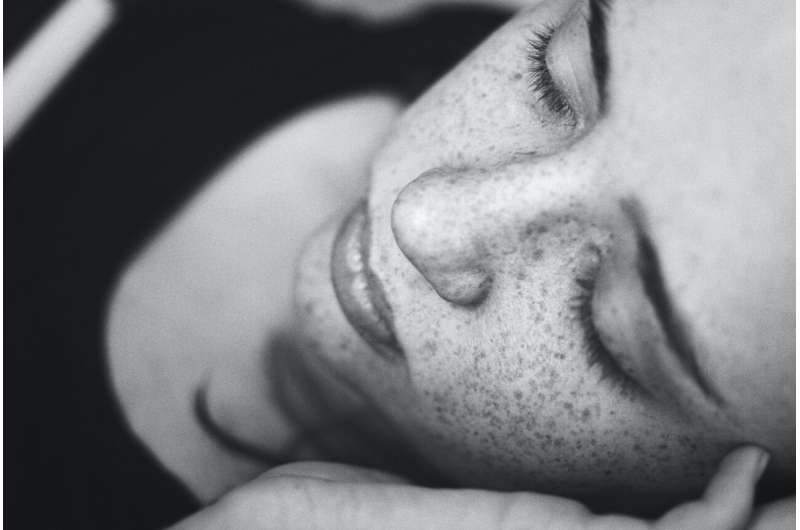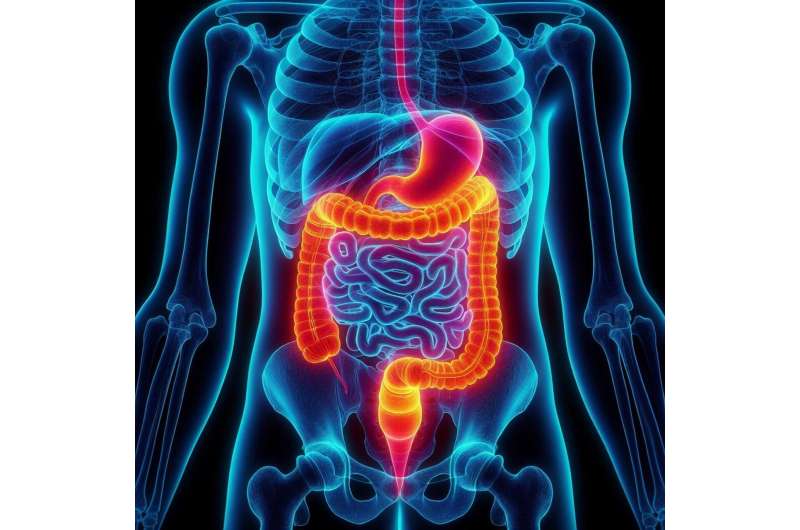Research Shows Limited Adherence to Teen Pre-Bed Sleep Guidelines and Minimal Impact on Sleep Quality

A study reveals that most teenagers do not follow pre-bed sleep guidelines, and adherence has little effect on sleep quality, prompting calls for revisiting sleep recommendations for youth.
Recent research conducted by the University of Otago has shed light on teenagers' sleep habits and the effectiveness of current pre-bedtime recommendations. The study aimed to determine whether adolescents follow advice such as avoiding screens, food, and exercise in the hour before sleep, and how these behaviors influence their sleep quality.
Using body cameras and detailed food records, researchers observed the bedtime routines of adolescents to gather objective data. The findings revealed that a staggering 99% of the participants used screens before bed, 63% consumed food, and only 22% engaged in physical activity within the hour prior to sleeping.
Interestingly, the results indicated that adolescents who adhered to the current sleep guidelines experienced little to no significant improvement in sleep quality. This suggests that strict compliance to these recommendations may not be as critical as previously thought. The high prevalence of screen use and food intake before bedtime reflects common adolescent behaviors, yet their impact on sleep appears minimal.
Lead researcher Chao Gu emphasized the importance of further investigation, stating that sleep is vital for teenagers’ development and functioning. She noted the scarcity of studies utilizing objective measures, like cameras, to analyze pre-bed routines and their effects on sleep.
Currently, the team is conducting additional research involving 10-15-year-olds to gather more robust evidence. The goal is to evaluate whether existing guidelines should be revised or tailored to better suit adolescents' realities and improve sleep health.
This study calls into question the practicality and scientific backing of some sleep recommendations and highlights the need for evidence-based guidance to promote better sleep habits among youth.
Source: https://medicalxpress.com/news/2025-09-teens-pre-bed-guidelines-minimal.html
Stay Updated with Mia's Feed
Get the latest health & wellness insights delivered straight to your inbox.
Related Articles
Lessons from Canadian Wildfires: Bushfire Smoke and Increased COVID-19 Hospitalizations
A groundbreaking study links wildfire smoke exposure to increased COVID-19 hospitalizations, emphasizing the importance of environmental health preparedness during wildfire seasons.
Innovative Antibiotic Developed for IBD Using AI Prediction and Discovery
Scientists at McMaster and MIT have discovered a targeted antibiotic for IBD using AI to predict how the drug works, accelerating development and enhancing precision medicine.
Debunking Common Myths About Allergy Remedies: Insights from Experts
Learn the truth behind common allergy remedies and myths with expert insights. Discover effective treatments and misconceptions about allergies to better manage your symptoms.



